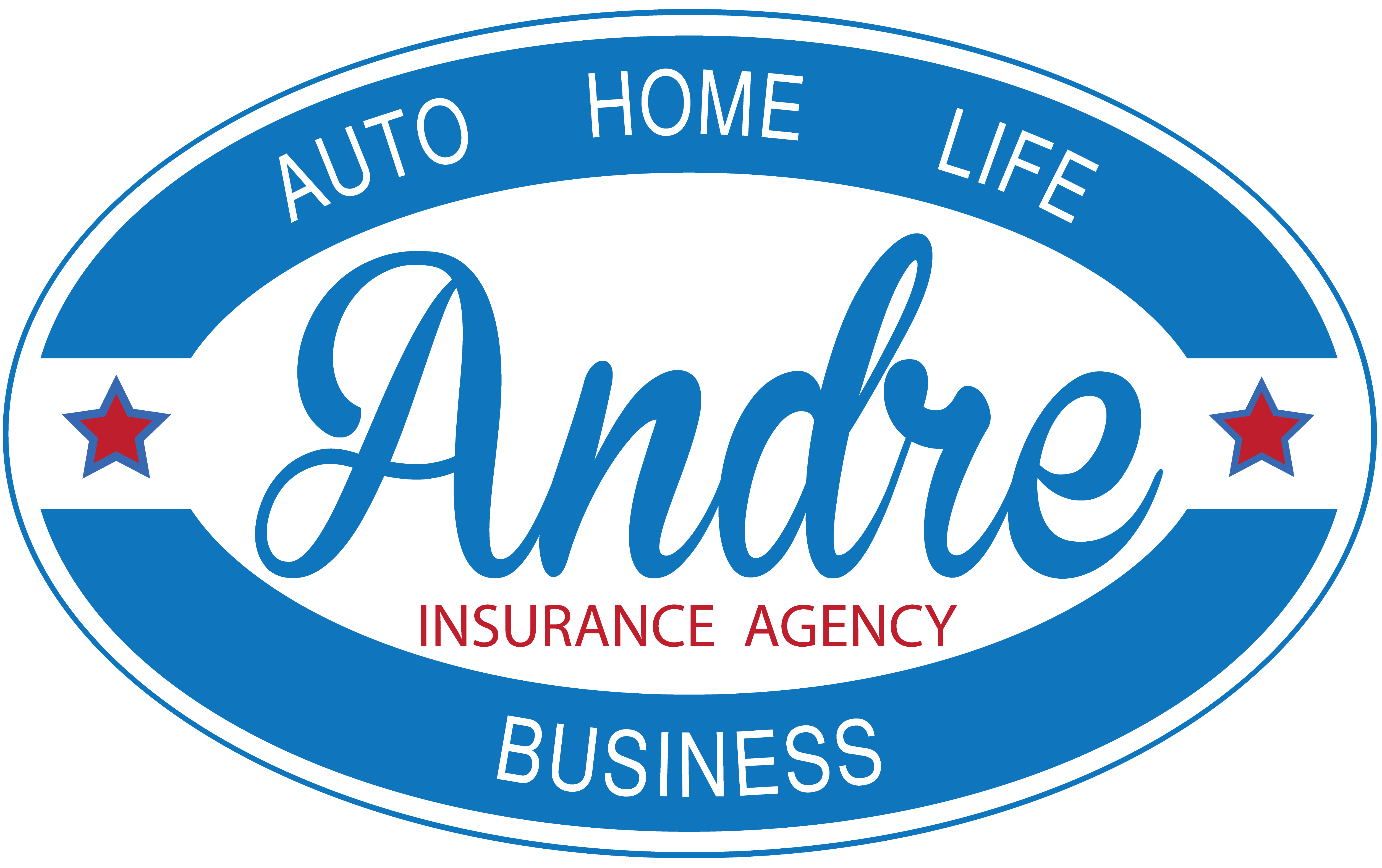
Football’s biggest night is almost here. As you stock up for your big game party, you might want to remember to drive a little safer.
According to a new study from the Highway Loss Data Institute (HLDI), the rate of collision claims from ZIP codes around NFL stadiums is higher on days during home team losses or ties.
HLDI analysts looked at collision claims for ZIP codes in which the 31 NFL stadiums are located, as well as adjacent ZIP codes. Claim frequency was higher on home game days compared with other days. The effect was especially pronounced in the ZIP codes where the stadiums are located, though it was also present in the surrounding ZIP codes.
In HLDI’s claims data, the ZIP codes reflect the vehicle’s garaging location, and not the location of the crash. So crashes involving the vehicles of people who live elsewhere and drove into the ZIP code for the game aren’t included. In addition, some crashes of vehicles garaged near the stadium could have taken place elsewhere.
Nevertheless, the pattern of increased claim frequency on home game days is probably connected to higher traffic volumes around the stadiums on those days.
On days when the home team won, the rate of collision claims was 3.2 percent higher than on days without a home game. On days when the team lost or tied, the claim rate was 9.4 percent higher than on days without a home game. Only the increase for a loss or tie was statistically significant.
“The game day effect was much more pronounced at some stadiums than at others,” says HLDI Vice President Matt Moore. “This may point to differences in policing and traffic management strategies, which could present opportunities for improvement.”
Source: The Highway Loss Data Institute (HLDI), an affiliate of the Insurance Institute for Highway Safety (IIHS)
Read the full story from Erie Insurance: “Home Team Losses Boost Collisions Around NFL Stadiums“
